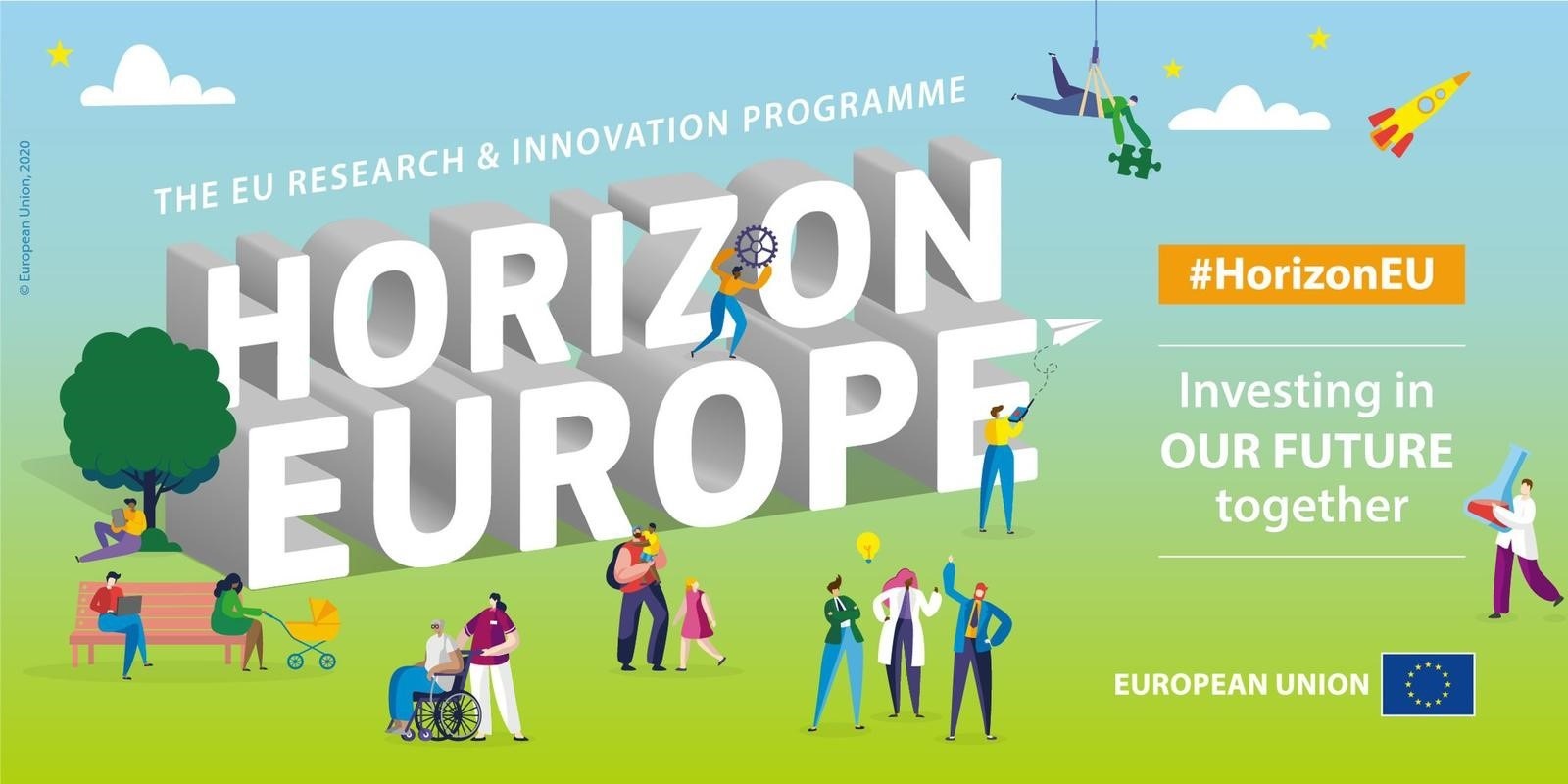Our virology groups have joined the prestigious SHIELD research project under Horizon Europe program

The University of Gdansk has become a partner in a prestigious research project with the acronym SHIELD, implemented under the Horizon Europe program. The project, titled “Molecular strategies against viral entry and glycan shielding,” focuses on developing new methods to combat dangerous viruses such as West Nile virus, yellow fever, Zika, Dengue, Nipah, Hendra and Lassa virus.
The SHIELD project will be implemented by the Intercollegiate Faculty of Biotechnology UG & MUG and will be led by dr. hab. Ewelina Król. Prof. Krystyna Bieńkowska-Szewczyk will also be involved in the project.
Goal of the SHIELD project
The SHIELD consortium aims to revolutionize therapeutic strategies by focusing on understanding the mechanisms related to viral glycosylation and the dynamics of viral entry into cells. This research could contribute to the development of new therapeutic targets and methods to combat future pandemics.
International cooperation
The project is being carried out in an international consortium that includes ten institutions from across Europe, including the University of Heidelberg (project leader), the Pasteur Institute in France, the Bernhard Nocht Institute of Tropical Medicine in Germany, the University of Copenhagen in Denmark and the Karolinska Institute in Sweden. The University of Gdansk, as a partner in the project, will contribute to the implementation of virological research, which is key to achieving SHIELD’s goals.
Funding and implementation
The SHIELD project has received funding from the European Commission under the Horizon Europe program. The total budget of the project is EUR 8,925,003.75, of which the University of Gdansk accounts for EUR 616,250.
Anticipated results
The results of the SHIELD project could have a significant impact on public health by providing new tools and methods to combat dangerous viruses. The project will develop new chemical and biological compounds that could form the basis for future antiviral drugs. In addition, research into the glycosylation process of viral proteins will be able to be used to develop broad-spectrum vaccines in the future.


